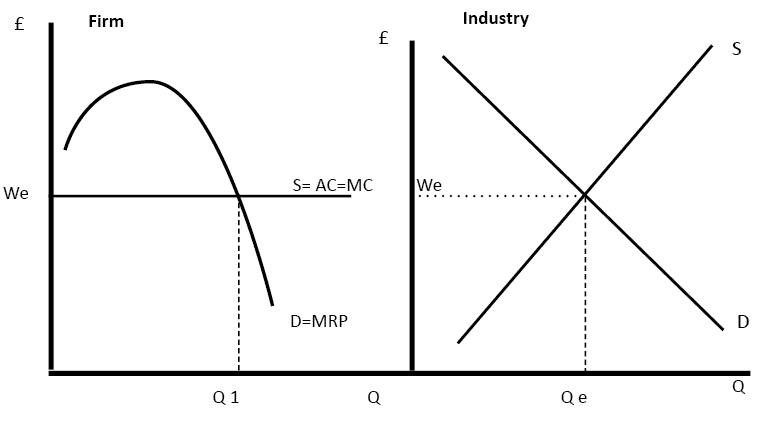Fall in Euro
Recently, the Euro has fallen from 1.5 Dollars to 1 Euro in 2011 to near parity in March 2015. The fall in the value of the Euro has been very steep in the last six months. This is a very significant depreciation in the Euro, and primarily reflects the greater economic weakness in the Eurozone. …

